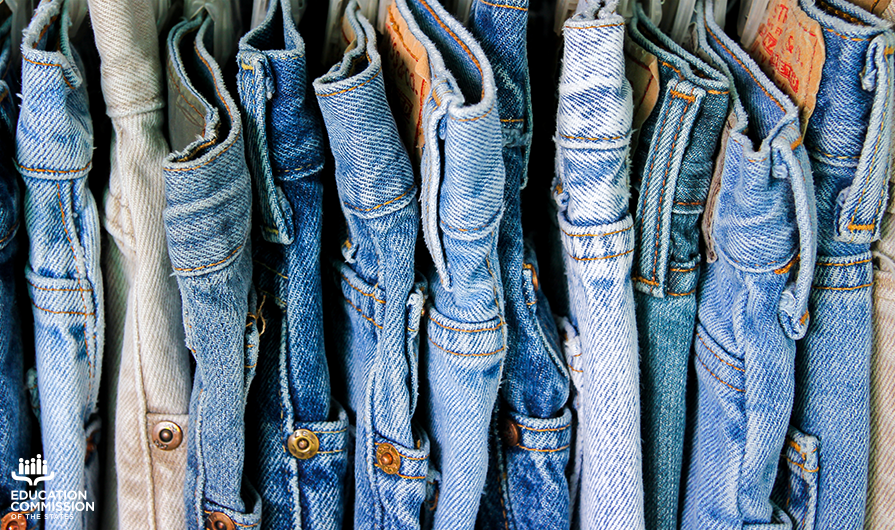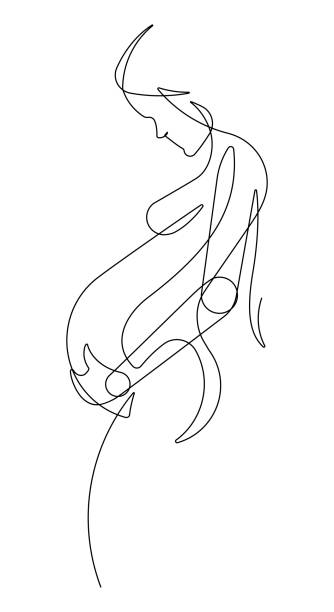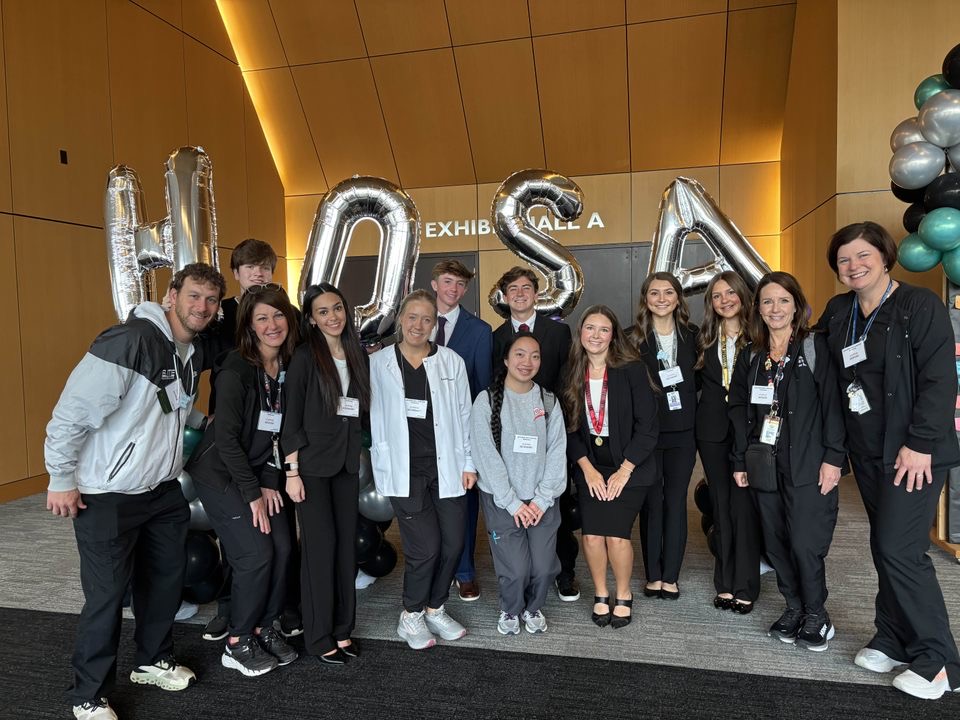In 1980, Mark Hughes founded Herbalife. According to their website, their goal was to “change the nutritional habits of the world, one person at a time.” Hughes also founded The Herbalife Family Foundation in 1994, which “provides funds for disaster relief and partners with organizations like the Red Cross” and “partners with charities and organizations that focus on giving access to the nutrition and education necessary to help build more resilient communities.” Although the basis of this foundation is exceptional, on a more local level, Brandon knows Herbalife as the brand used to make the much-beloved loaded teas. These local stores have brought a plethora of economic growth to the town. With their convenient locations right in the heart of downtown or by other businesses, they get traffic through to local companies, which keeps our small economy healthy.
On the other hand, these teas not only have an extreme amount of caffeine- 100 to 285 milligrams- as opposed to about 80 milligrams in an average cup of coffee but also cost 7 to 10 dollars. Herbalife’s claims for these products include intense weight loss, among other exaggerated statements. According to Melissa Burmeister, a PhD recipient with The United States Pharmacist in Pharmacology, loaded teas have many adverse health effects, especially on children and adolescents. Sleep disturbances, daytime sleepiness, irritability, anger, anxiety, restlessness, and addiction or dependence on caffeine are among the issues caused by the frequent drinking of loaded teas. Although it is fun to drink teas in moderation and try new flavors, the potential effects of frequently drinking them are grand. The effects of loaded teas on adults is not a well-researched subject compared to its adolescent counterpart; however, when asking an individual about their personal experiences with being a Herbalife preferred member, I could see an insight not reflected from the academic journal article.
When making these loaded teas at home, this individual uses only the suggested amount of product on the packaging. They drink about 155 milligrams of caffeine, 245 less than the recommended intake for an adult, and do not experience the caffeine jitters they usually have as a side effect of ordering tea at one of Brandon’s local tea businesses. They only drink 2 to 3 teas a week made at home and have no adverse side effects. According to the Herbalife website, the brand also offers many products other than those advertised as a great way of taking one’s daily caffeine. When asking these individuals about these products, including those with weight loss as a listed benefit, they believe reading the fine print is the most critical aspect. These weight loss claims only come with changing other life habits, such as exercising, to experience the full benefits of Herbalife’s products. Drinking loaded teas is enjoyable for most locals and a good reason. They taste good and give you energy. However, the overconsumption of the vast amount of caffeine within these business-made loaded teas seems to hurt the health of some individuals, most significantly younger individuals.

















